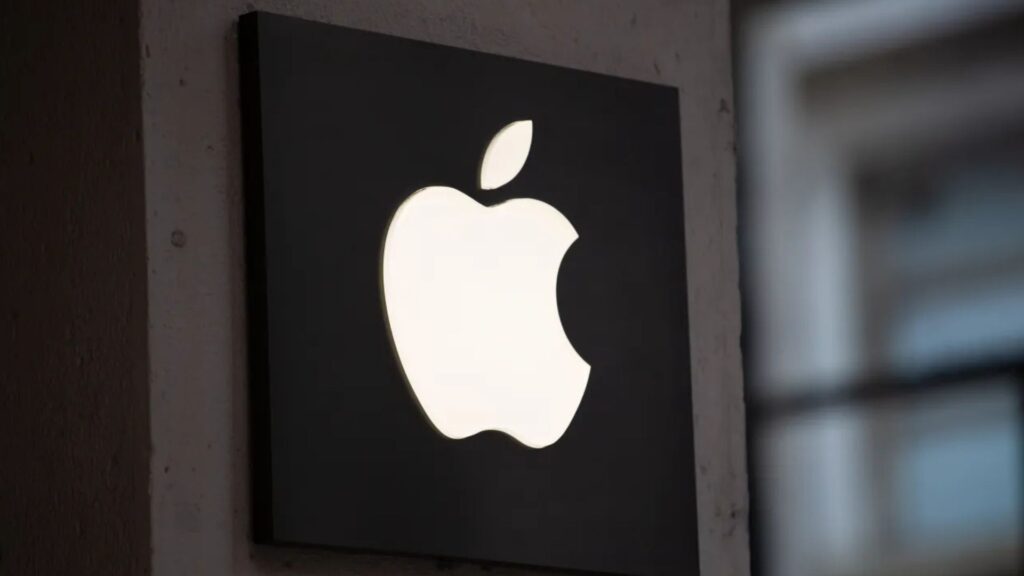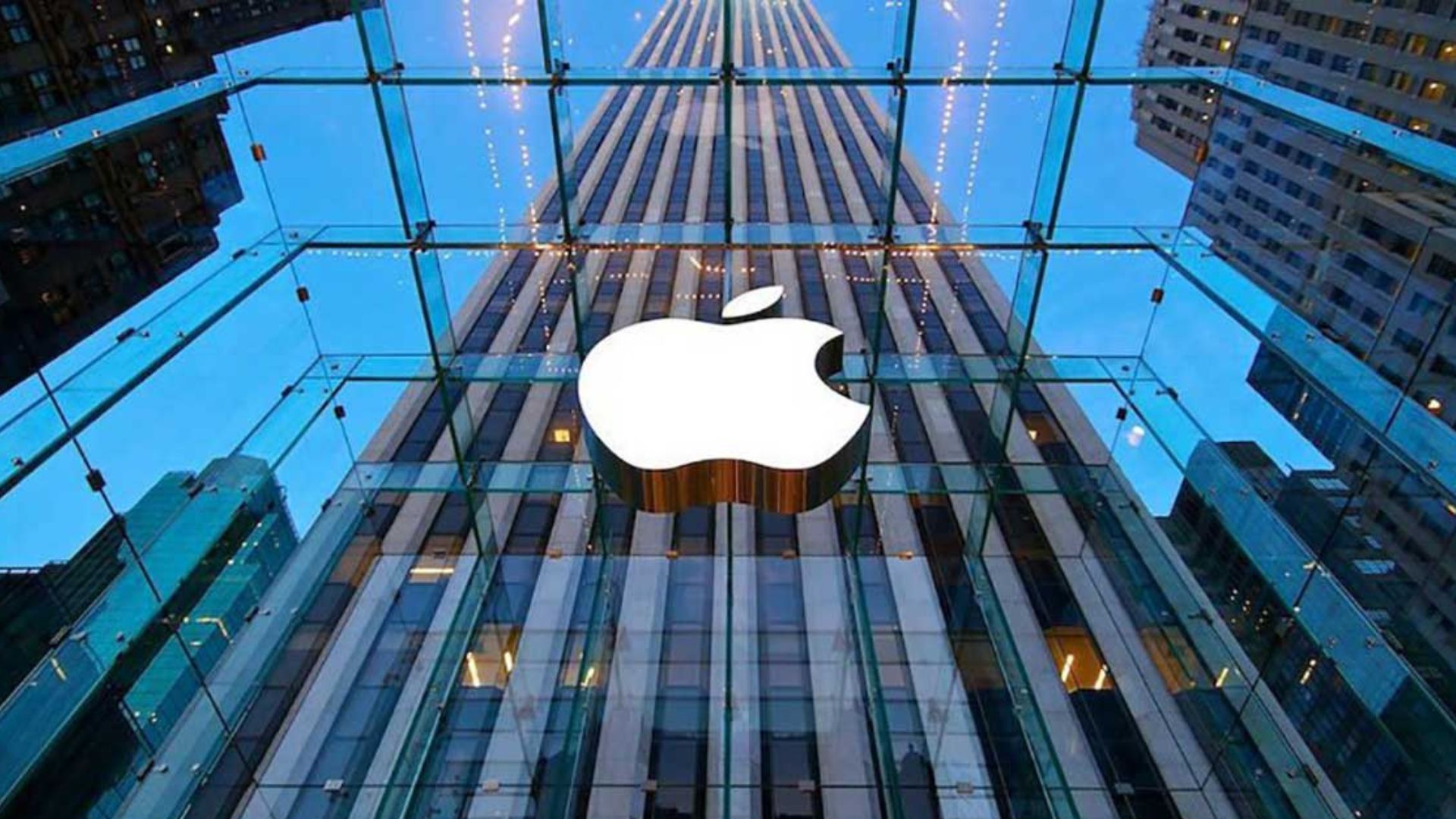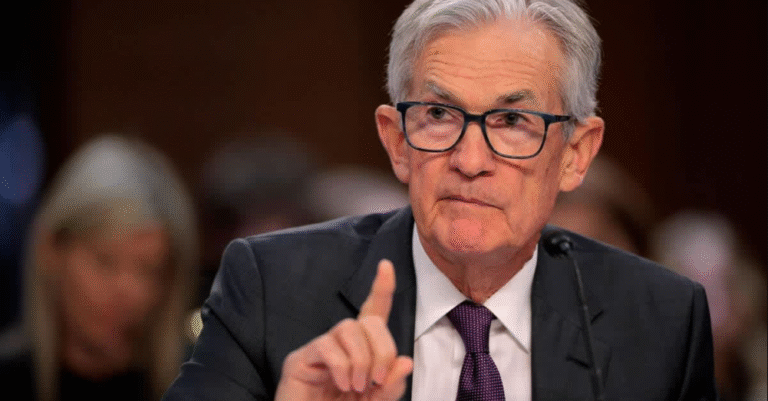
The European Commission has decisively rebuffed Apple’s request to repeal the Digital Markets Act (DMA), underscoring its commitment to curb the dominance of major technology platforms.
EU digital affairs spokesperson Thomas Regnier announced on Thursday that the Commission has “absolutely no intention” of abandoning the DMA after Apple submitted a formal appeal to delay or dismantle the regulation until a “more appropriate fit-for-purpose legislative instrument” is introduced (Times of India). The swift rejection comes just one day after Apple intensified its challenge during the public consultation period, which closed on September 24.
The Digital Markets Act, which took effect in March 2024, is a landmark piece of EU legislation aimed at promoting fair competition in digital markets. It classifies the largest online platforms as “gatekeepers” and imposes obligations such as opening ecosystems to alternative app stores, permitting sideloading of apps, and allowing users to choose default browsers and search engines (TechCrunch). Non-compliance can lead to fines of up to 10% of global turnover, increasing to 20% for repeat offenses. The DMA targets companies with more than 45 million monthly active users and a market capitalization exceeding €75 billion.
Apple, designated as a gatekeeper under the DMA, has repeatedly voiced concerns over the law’s requirements. The company previously appealed a €500 million fine imposed in April for antitrust breaches and warned of further penalties under existing EU competition rules (Tech Observer).
Apple’s Arguments
In its 25-page submission, Apple argued that the DMA has forced significant delays to new features for European users, including live translation on AirPods, iPhone mirroring capabilities, and Apple Maps’ visited-places feature (TechCrunch). Apple claims these innovations cannot be rolled out without compromising its strict privacy standards, as the DMA obliges the company to open certain functions to third-party developers.
“The DMA requires Apple to make certain features work on non-Apple products and apps before we can share them with our users. Unfortunately, that requires a lot of engineering work, and it’s caused us to delay some new features in the EU,” Apple stated in a blog post published Wednesday (TechCrunch).
The company further raised security concerns related to mandatory app sideloading and alternative marketplaces, warning that these changes would expose EU users to “scams spread through fake banking apps, malware disguised as games, and third-party payment systems that overcharge them” (Tech Observer).
EU Response
Regnier dismissed Apple’s claims, asserting that “nothing in the DMA requires companies to lower their privacy standards, their security standards” (Times of India). He accused Apple of contesting “every little bit” of the DMA since its implementation and undermining its own narrative of cooperation with the Commission.
The EU maintains that the DMA’s core objectives—preventing unfair market dominance, fostering innovation from smaller competitors, and enhancing consumer choice—outweigh the operational challenges cited by gatekeepers. According to the Commission, opening ecosystems to competition does not inherently erode security but rather compels incumbents to maintain robust safeguards across diverse distribution channels.
Political Context and US Pressure
The standoff unfolds against a broader backdrop of transatlantic tensions over technology regulation. U.S. President Donald Trump has reportedly sought to pressure the EU on decisions affecting American tech giants, including Apple (Tech Observer). Earlier this year, Trump intervened diplomatically in a separate EU competition dispute, highlighting Washington’s growing impatience with European digital sovereignty measures.
EU regulators, however, remain steadfast. European Commission Executive Vice-President Margrethe Vestager, the EU’s chief competition enforcer, has repeatedly emphasized that the DMA is a pioneering framework that other jurisdictions are closely monitoring. Brussels argues that the act balances fair competition with high standards of privacy and security, setting a global benchmark for digital markets.
Impact on Consumers and Industry
For European consumers, the DMA promises greater freedom of choice and reduced dependency on single-vendor ecosystems. Alternative app marketplaces could lower prices and spur innovation, while the ability to sideload software may foster niche applications that would otherwise struggle for visibility. Critics of sideloading, including Apple, caution that such openness may also facilitate the spread of malicious software, but EU regulators believe that robust certification and oversight mechanisms can mitigate these risks.
Industry analysts suggest that, in the long term, the DMA could reshape global tech dynamics by empowering smaller developers and diminishing the gatekeeper status of a few dominant firms. Some competitors have already expressed support for the regulation, viewing it as an opportunity to challenge entrenched platform monopolies.
Apple’s formal plea marks the company’s most forceful attempt yet to amend or delay the DMA, but the EU’s unequivocal rejection signals that wholesale repeal is unlikely. The Commission has invited stakeholders to submit further feedback on refining implementation guidelines, yet it has ruled out pausing enforcement.
As the DMA enters its second year, attention will shift to how gatekeepers adapt their business models to comply. Apple and other designated platforms must decide whether to redesign key features for the EU market or pursue further legal recourse through the European Court of Justice. Meanwhile, the global tech industry watches closely—European markets could set a precedent for digital competition policy worldwide.












